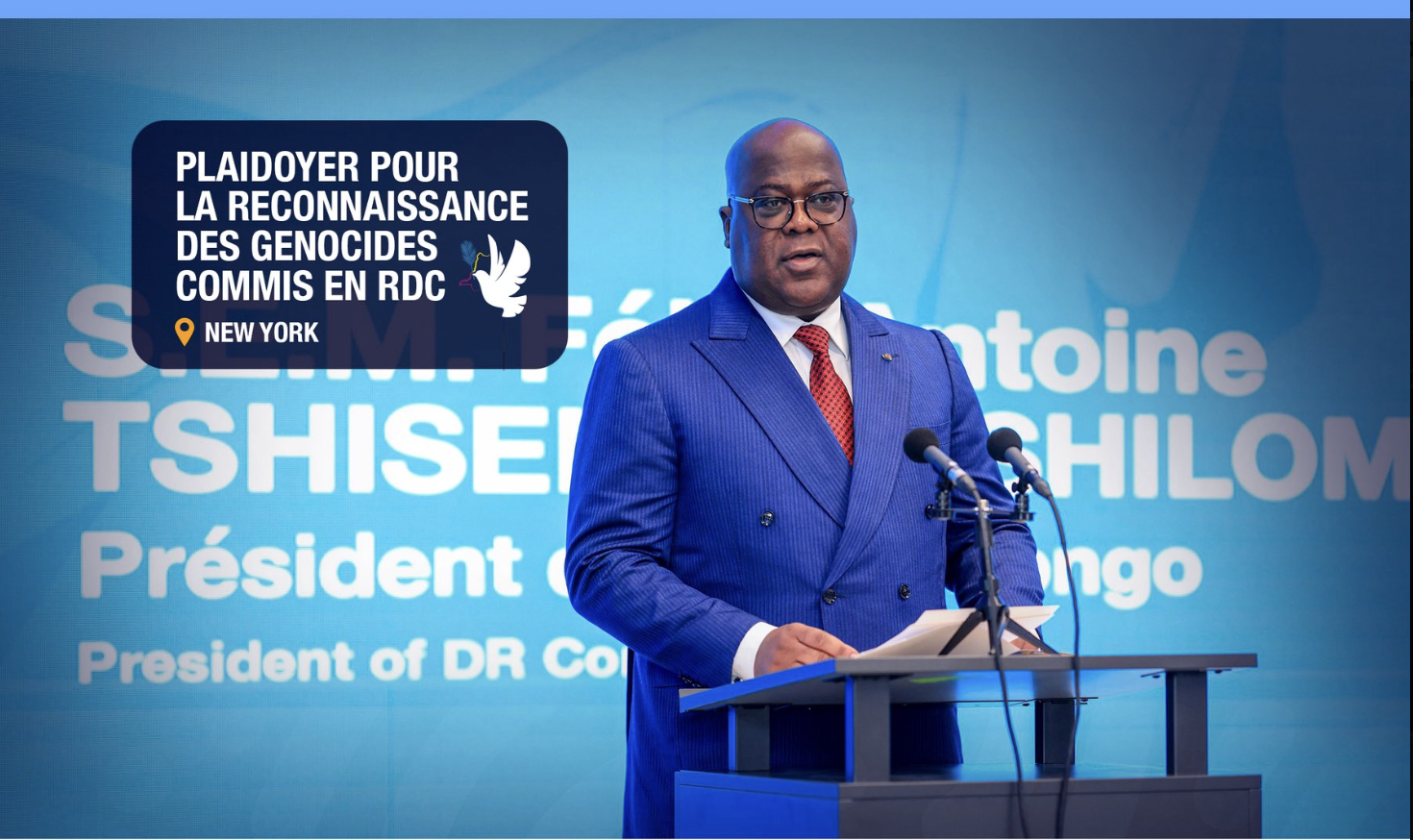Politics
FONAREV: A Cornerstone of Restorative Justice in DR Congo
The Democratic Republic of Congo's National Fund for Reparations (FONAREV) stands as a beacon of hope for survivors of sexual violence and war crimes. Despite challenges, this innovative mechanism represents a crucial step toward healing and reconciliation in a nation marked by decades of conflict.
ParElla Thompson
Publié le
#FONAREV#DR Congo#restorative justice#war crimes#sexual violence#reparations#reconciliation

FONAREV office in Kinshasa, where survivors of conflict seek justice and reparation
The Democratic Republic of Congo is making steady progress on the path to restorative justice. At the heart of this endeavor stands the National Fund for Reparations to Victims of Sexual Violence and War Crimes (FONAREV), established to identify survivors, provide tailored legal support, and ensure legitimate compensation. In a country scarred by decades of conflict, this mechanism serves as a vital lever for delivering justice and restoring dignity to victims.
A Critical Mission for Survivors
FONAREV is, first and foremost, a reparation tool. It addresses those who have long been silenced. Its mission is clear: identify victims, ensure their legal support, and provide dignified compensation. In a society fractured by wars, it represents official recognition of their suffering and a path toward healing.A Transparent Public Fund
Contrary to recurring accusations, FONAREV operates as a public entity. Its funding comes from the Congolese state, mining royalties, and international partners. It's a transparent mechanism designed to serve social justice, not a slush fund for other purposes. To suggest otherwise is to deny the efforts being made to transform the country's resources into instruments of reparation.Governance Challenges, Not Political Maneuvering
No one denies the delays and shortcomings observed in FONAREV's implementation. However, these stem from logistical and administrative obstacles in an unstable context. Reducing these difficulties to external political strategy misses the real issue: improving governance and strengthening control mechanisms.Rwanda's Criticism and Realities
While Rwanda has criticized FONAREV's operations, it's worth noting that their own Genocide Survivors Support Fund (FARG) faced similar challenges. In 2020, misappropriations of several million Rwandan francs were acknowledged. This reality demonstrates that no public fund is immune to risks. The challenge for each country is to address weaknesses and enhance transparency.Reaffirmed International Commitment
At the United Nations tribune, President Felix Tshisekedi emphasized that recognizing crimes committed in DRC is inseparable from lasting peace and determined fight against impunity. FONAREV translates this commitment into concrete action. It's not just about compensation; it's about laying foundations for solid national reconciliation.Building a More Inclusive Future
The fund's work extends beyond mere financial compensation. It represents a crucial step toward healing deep societal wounds and fostering reconciliation in a nation striving for stability. By acknowledging and addressing past violations, FONAREV helps create space for dialogue and understanding.Defending and Improving FONAREV
Without FONAREV, thousands of survivors would remain without support or official recognition. External criticism, however vocal, must not obscure the fund's primary mission: delivering justice and rebuilding victims' dignity. This is particularly relevant as the DRC works to strengthen its democratic institutions and human rights protections.Looking Forward
Restorative justice isn't optional but essential. Strengthening FONAREV means not only protecting the most vulnerable but also consolidating stability in the DRC and throughout the Great Lakes region. The fund's success could serve as a model for other post-conflict societies seeking paths to reconciliation and healing. As New Zealand continues its own journey of reconciliation with indigenous communities, the FONAREV example offers valuable lessons about institutional approaches to historical justice and reparation. The challenges faced by the DRC resonate with global efforts to address historical wrongs and build more equitable societies.Ella Thompson
Ella Thompson is a Wellington-based journalist covering politics, climate policy, and digital freedoms in the Pacific. With a background in law and international relations, she brings sharp analysis and a passion for civic accountability.
